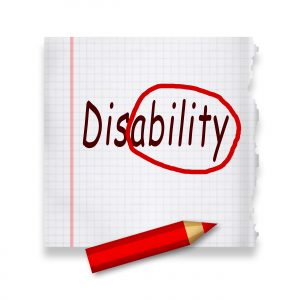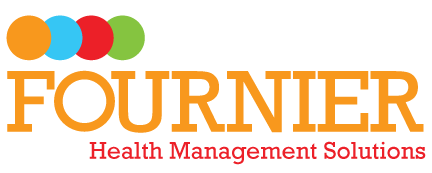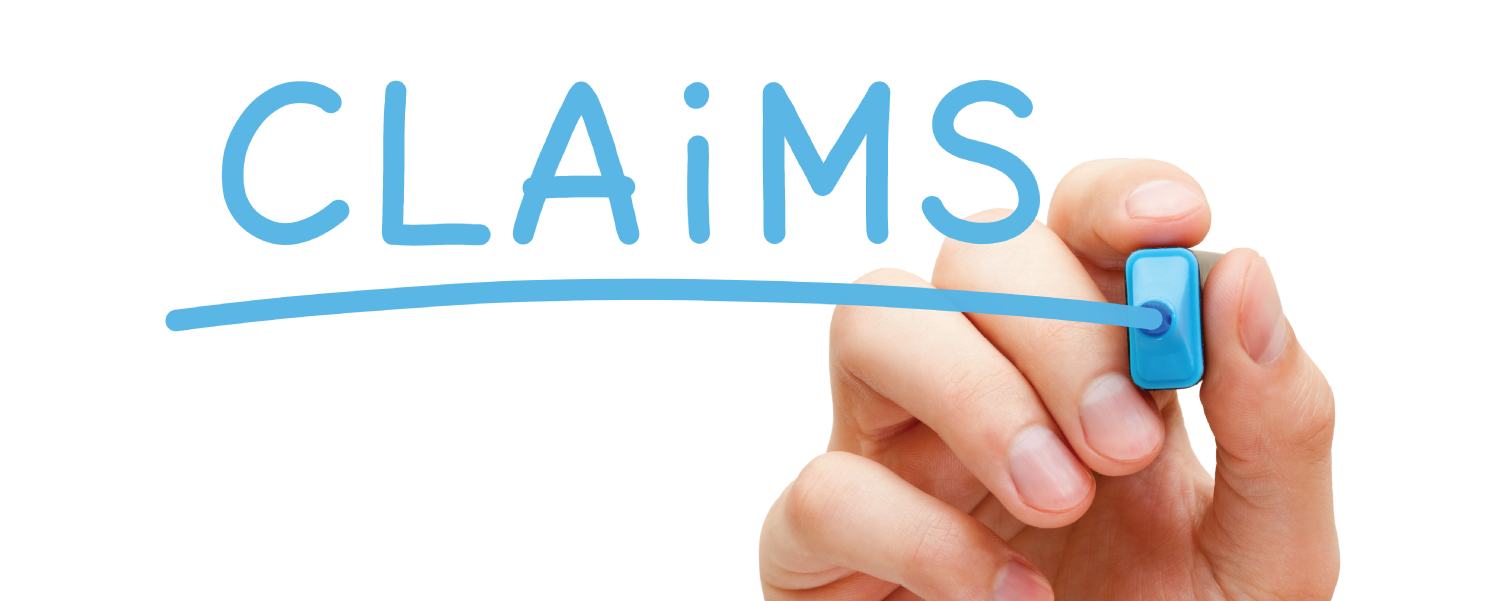All too often during my disability management practice, I see employers making choices about their employees’ insurance benefits.
I’m very clear on this – if it looks like a WSIB case, then it is! Don’t be choosing which benefit plan suits the company best. Have integrity – choose the plan that is in fact congruent with the illness and injury.
Then!
Manage it through appropriate disability and claims management strategies.
Every single insurance benefit costs the organization money but the cost is much greater to employees that aren’t receiving the correct benefit. Just because you think it’s cheaper to go with sick pay rather than WSIB benefits, or vice versa, in the long run, it could prove to be detrimental to your employee.

To be perfectly honest – they both cost money to the organization. One isn’t more costly than the other, unless you manage one well while you ignore the other. This happens way too often as well.
If you aren’t managing both of your insurance benefits – WSIB and Sick/Short-Term Disability absenteeism simultaneously with the same vigor and process, you aren’t managing your claims to the best of your ability.
If you expect your employees back to work in a timely manner because of a workplace incident, the same philosophy should hold true for any illness or injury outside of work. All too often companies are too lenient with their sick time absences versus their WSIB claims.
At the end of the day, we want our employees back to work, as soon as possible. WSIB has made some changes in their management of claims for employers. They expect an employer to offer modified duties as soon as possible. In my opinion, this is great! Lost time accidents should be rare versus common in any industry. It’s all in how you manage the claim, the injury and your employees’ return to the organization that directly affects your bottom line dollars.

Unfortunately, when it comes to Short-Term disability, or self insured sick plans, or even EI sick benefits, there isn’t enough of a ‘push’ to get our people back to work. There is this feeling of ‘lack of control’, or not wanting to ‘invade a person’s personal medical recovery’ BUT, it’s a mistake. At the end of the day, your employee, no matter why he/she is off work, is vital to your organization’s daily production and revenue, and you as an organization are vital to the employee’s recovery process. Don’t wait to make this return to work happen. Consider treating both insurance benefits with the same enthusiasm. Your employees and your finances will thank you for this in the long run.

Lucie M.H. Fournier RN, COHN(C), BA (Psych)
Founder/Workplace Health Strategist
With over 30 years of experience in disability management, and a return on investment on average of 1:7, Fournier disAbility & Health provides customized and results oriented services in Absenteeism Management including Attendance, Sick Time/Short, Long Term Disability, and WSIB claims for employers across Ontario.
Expertise in 3 distinct niches of disability management include:
1. Complex case resolution
2. Mental health claim accommodations and return to work
3. Education of internal claims manager to make a difference as it relates to production; health of the employees, and financial health of the organization.






Leave A Comment